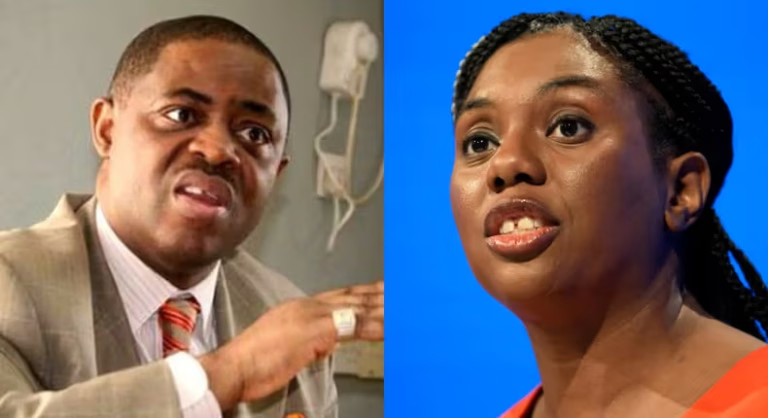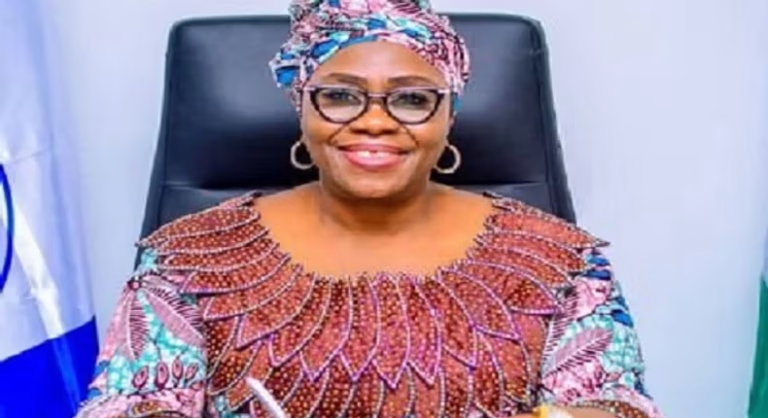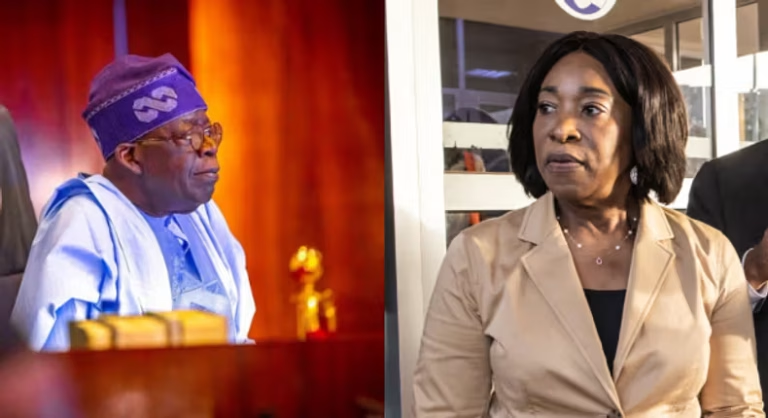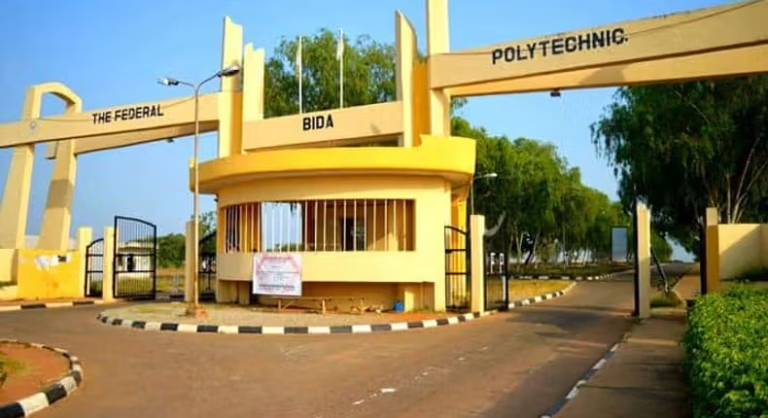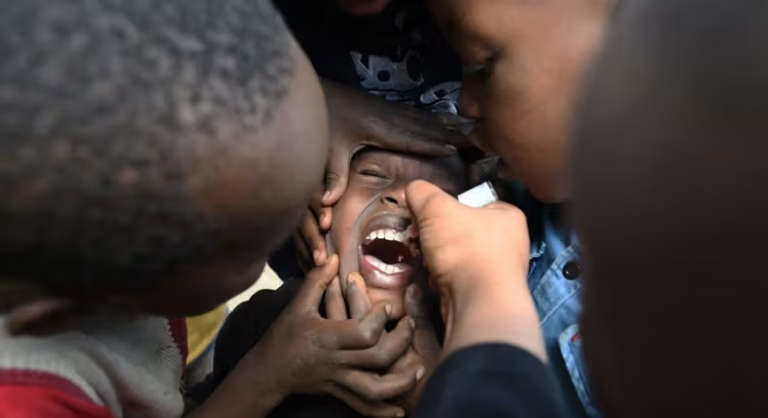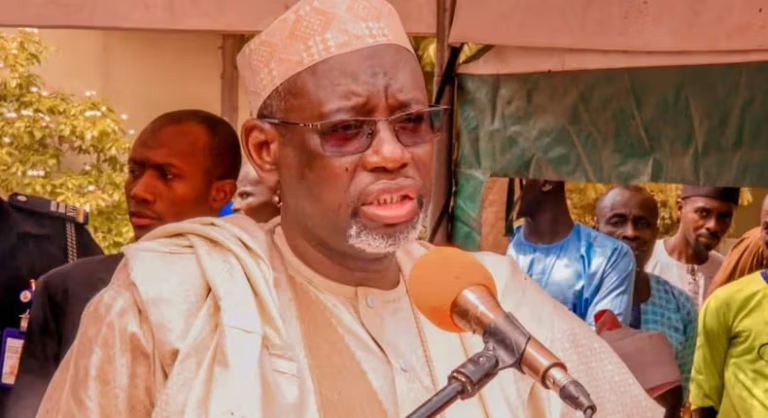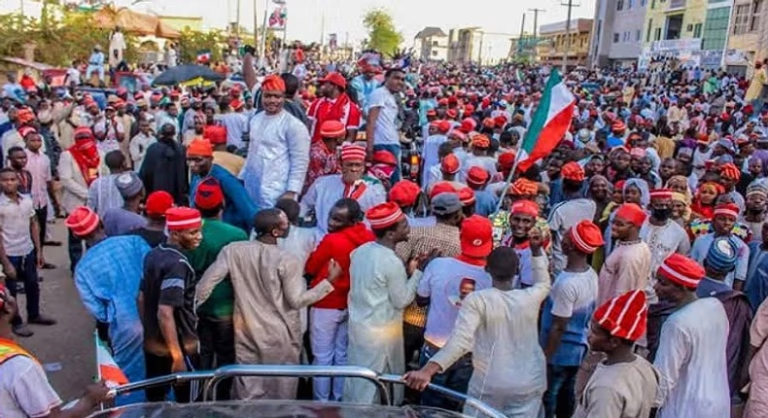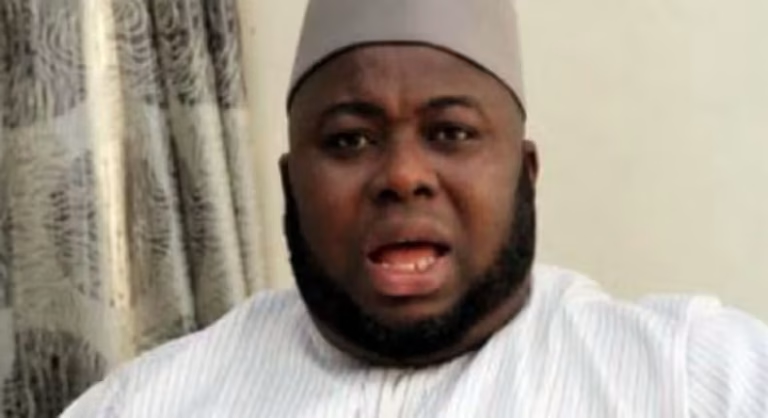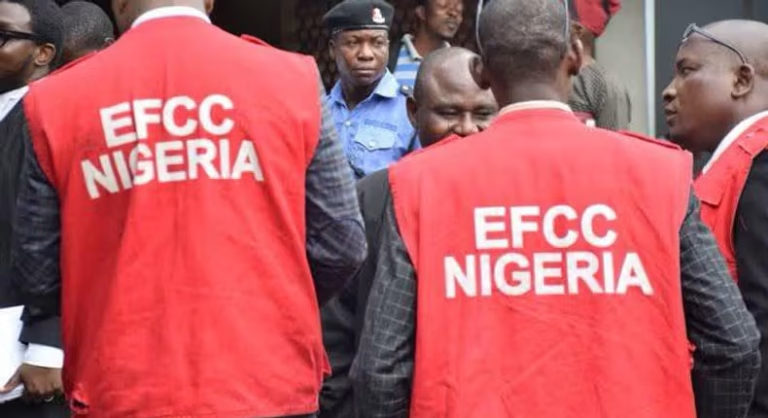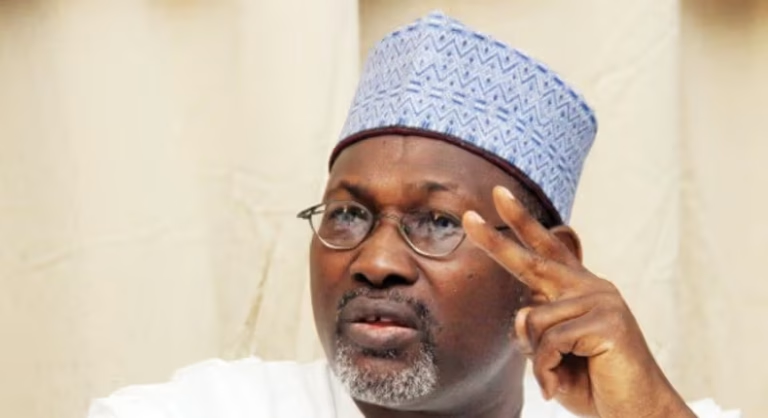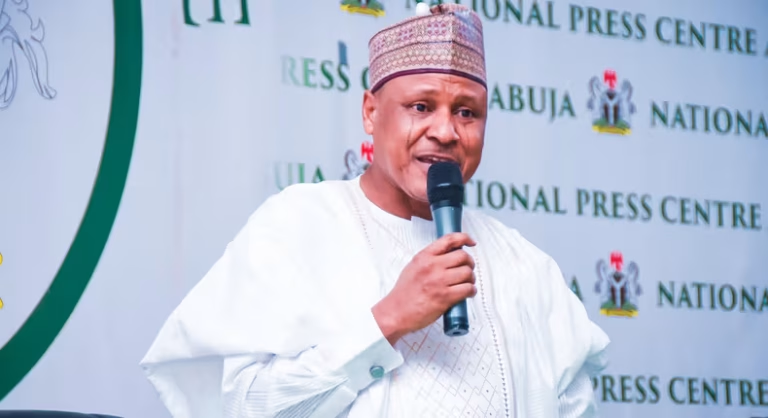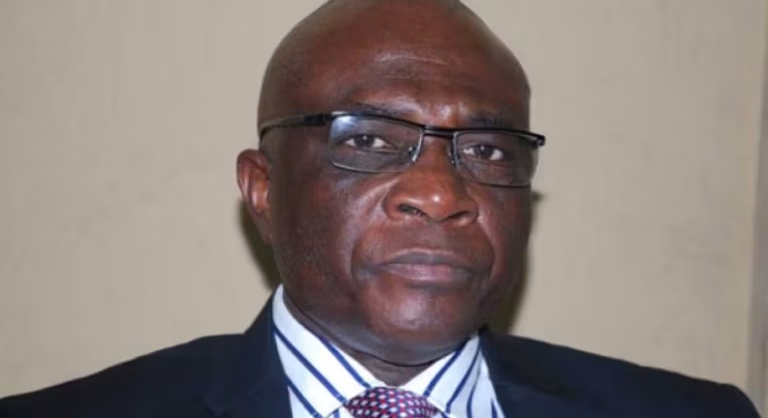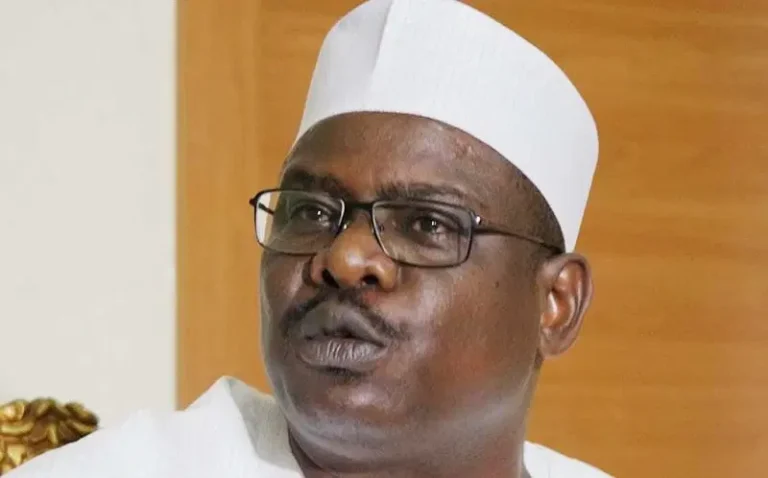Former Aviation Minister Femi Fani-Kayode has publicly criticized UK politician Kemi Badenoch, referring to her as a “little girl” for her continuous derogatory remarks about Nigeria as she campaigns for leadership within the Conservative Party.
Kemi Badenoch, a British-Nigerian politician serving as the Member of Parliament for North West Essex since 2017, was born in Wimbledon but spent significant parts of her childhood in Nigeria. In her pursuit of the UK Prime Minister position, Badenoch has drawn on her Nigerian experiences, often sharing negative anecdotes about her upbringing in Nigeria, claiming it was filled with fear and horror due to violence and insecurity.
In an interview with MailOnline, she stated her commitment to the UK, expressing her desire for it to remain distinct from Nigeria, which she depicted as a place she fled from: “I don’t want it to become like the place I ran away from. I want it to get better and better, not just for me, but for the next generation.”
Fani-Kayode responded vehemently on his X account on October 26, 2024, condemning Badenoch’s comments. He described her as a “s****d little girl and notoriously self-righteous,” suggesting that she should focus on improving Nigeria instead of criticizing it. He compared her to “Aunty Jemima,” a reference implying that she is out of touch with her roots.
He concluded by urging Badenoch to concentrate on her political ambitions within the Conservative Party while refraining from disparaging Nigeria: “By all means, try your luck at being elected leader of the British Conservative party but leave my country out of your pretty yet stinking mouth.”

